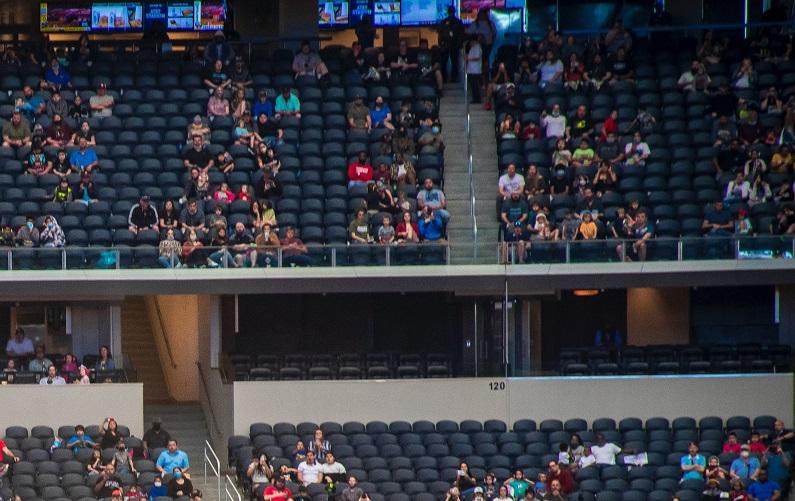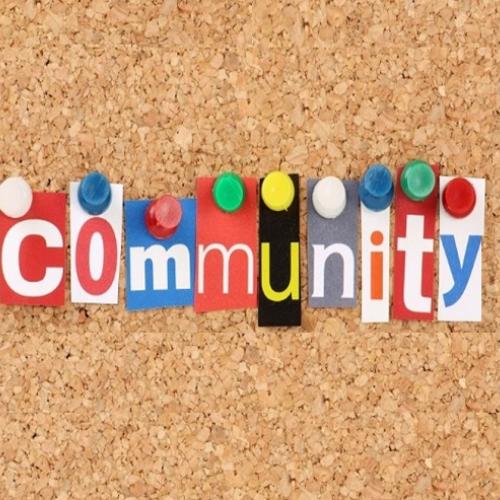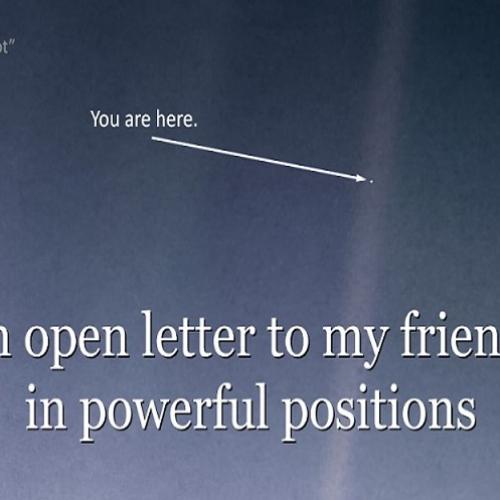
I’ve never seen the tension between aspirations and capacity so high. Built last fall when it looked like we were getting a handle on managing the pandemic, operating plans everywhere are looking increasingly unrealistic. Omicron will not only keep people from returning to the office in the coming weeks, it will keep people from work as they deal with the impact of getting COVID or caring for family members who have it. For the lucky among us, it will be five or ten sick days out; for others it can be longer.
In his powerful book “On Grand Strategy,” Yale Professor John Gaddis makes the point that strategies fail when there is a mismatch between infinite aspirations and finite capabilities. Think Napoleon’s invasion of Russia in 1812 without adequate supply lines or United Airlines thinking that even with all its union agreements and hub-and-spoke infrastructure that it could compete as a discount airline under the moniker “Ted.” Human beings are wired for magical thinking.
“…strategies fail when there is a mismatch between infinite aspirations and finite capabilities.”
In this moment, the equation that needs tending and the magical thinking we need to guard against is the balance between aspirations and capacity. The Great Resignation, recruiting challenges, widespread sickness, and the heaviness that many of us feel as we confront a new set of global realities will force us to reconsider the actual capacity of individuals, teams, and organizations to execute against plans that were conceived of when the context was different.
The truth is that our organizations are not going to be able to get as much done as we thought for at least the next few months. As a leader, you can either say to your organization; “No matter that we’re understaffed and our people are not in a great place, we made these plans and commitments so we need to deliver” or you can work to renegotiate aspirations based on a realistic assessment of capacity. At a moment when people are emotionally fried and there are job opportunities everywhere, I’m pretty sure the former approach will end badly.
Most organizations traditionally suck at deprioritizing or killing off initiatives as new priorities come online. In my experience, zombie projects are a thing. But for the next few weeks and months, I’d suggest that you find ways to effectively narrow your team’s focus on the critical and be explicit about what can get postponed or stopped. And the way you make that happen needs to be transparent and inclusive—people need to know you intend to reprioritize and that you need their help doing so. Confronting complexity and narrowing focus is a macro and micro issue. CEO’s can reduce the complexity of the enterprise strategy for 2022 but that won’t be sufficient. As leaders, each of us needs to look in the mirror and ask ourselves what needs to come off our plate and help the people who work for us to do the same.
“…find ways to effectively narrow your team’s focus on the critical and be explicit about what can get postponed or stopped.”
In the next few weeks I’d recommend a few things:
- Talk about capacity. Have an honest conversation with your team about the balance between aspirations and capacity. Explore how changing circumstances are impacting your team’s ability to produce results and create clarity about what is realistic to expect.
- Willfully reduce priorities. Walk through your team’s key priorities. Understand dependencies, rank order the work that needs to get done this month, quarter, and year. Have an honest conversation about what needs to be accomplished—what outputs at what quality. And then take things off the list, temporarily or permanently.
- Create a sense of community. I have never seen so many leaders so burned out. Give people a forum to share where they are emotionally, to express their own challenges, and in what ways they may be operating at reduced capacity. Leaving your co-workers isolated in their personal challenges as they navigate a stressful and uncertain world doesn’t do anyone any good. Now is the time to gather the people around you in community. Human beings are communal and we all do better when we feel connected to others—that we are seen, heard, and a part of something larger. Invest time and energy in creating a sense of community within your team.
Omicron has created new realities for our organizations and our people. Now is the time to step back, evaluate your team’s capacity and reconsider plans and priorities. And the way you do it needs to be inclusive and engaging, creating the sense that you’re in this together and enabling the people around you to be realistic about what’s possible in this moment.
The risk of not addressing capacity and making adjustments is significant. Working from home and managing a pandemic has frayed bonds between individuals and their employers. Find a way to create a sustainable balance between aspirations and capacity or risk more people walking out the door in search of a job with more realistic expectations. You don't want to find out what that kind of downward spiral will do to your operating capacity.
Please feel free to follow me or get connected with Nvolv to share your own perspective.






